by Craig Johnson
“The horse is here to stay. The automobile is only a novelty, a fad,” some banker in 1903 told a young Henry Ford; a decade later Ford introduced the assembly line. Cars were no longer a fad. Almost a century later, Andy Grove, the CEO of Intel said, “The idea of a personal communicator [like a phone] in every pocket is a pipedream driven by greed.” Well, based on just these two instances of people being very WRONG, I guess Charles Duell, commissioner of the US Office of Patents was wrong too, when in 1899, he very publicly said, “Everything that can be invented has been invented.”
In the brewing cauldron of perpetual tech-advancements, during my professional life, no single innovation, movement, or tech-direction—for context think: the internet (and all that means), digital photography, i-everything, laptops, 3D stuff, VR and AR, etc.) has captured my attention so completely and enthusiastically (my wife says ‘almost hypnotically’) as Artificial intelligence (AI). I earnestly believe that AI and what schools—as well as every other business domain—do with it is the existential question and the most colossal opportunity of our time.
According to a recent survey by PwC (link to research) of 4,700 global CEOs:
- Over 75% of them believe AI will significantly change their business in the next three years..
- 69% expressed concerns about the need for employee training to navigate the evolution.
- 45% “do not believe their businesses will survive barring significant changes” related to AI.
I don’t think I’m hypnotized by AI; but, for the past six months, much of my daily routine revolves around watching, anticipating, learning, and working with educators on how to effectively engage, leverage, and integrate AI into education.
As with most phases of adapting to new things, it’s no different with AI. People and organizations are falling into two categories (and, of course, there are the typical shades of gray between the two ends): Those Leaning-IN and those Leaning-OUT.
Reflecting on my recent interactions with both leaning-categories prompted me to recall these historic parallels:
- Grove wasn’t alone in the 1990s with his disbelief in mobile phones. Steve Ballmer, the former CEO of Microsoft, apparently laughed at Apple’s iPhone saying, “There’s no chance it will get any significant market share.”
- In 1995, Newsweek confidently declared, “Online news will never replace the daily printed newspaper.” A decade later, Newsweek’s entire business had moved to the internet.
- A Yale professor responded to his student, Fred Smith’s proposal, saying, “The concept is interesting and well-formed, but in order to earn better than a ‘C,’ in my class, the idea must be feasible.” The idea proposed was: Reliable overnight delivery service. Smith went on to found Federal Express.
- In 1911, just a few years before World War I began (which was predicted—terribly erroneously—to be: the war to end all wars) Marshal Ferdinand Foch, a professor of military strategy, said, “Airplanes are interesting toys but of no military value.”
- A senior member of 20th Century Fox’s team said in 1946, “Television won’t be able to hold on to any market it captures after the first six months. People will soon get tired of staring at a plywood box every night.”
These fabulous examples of Leaning-Out and being disastrously wrong should nudge us to be better and more open to embracing ideas, possibilities, and change; because change and growth are paramount for progress.
Today the education sector stands at a crossroads, divided into two camps. The first, those leaning-in, are on an exciting and steep trajectory of relevance, engagement, and impact as they eagerly and with open intentionality play with AI and other emerging technologies in their classrooms and schools. The second camp, the leaning-outers, will, as always, cling to tradition, burying their heads in the sand, covering their eyes, ears, and mouths in denial and thereby gradually slide into obsolescence. Not to mention the grave disservice they are doing to their students by not preparing them for the realities of having AI companies in their future work
I came across two things in the last few days that prompted this blog. Firstly this cartoon by Calestous Juma from his book Innovation and Its Enemies: Why People Resist New Technologies
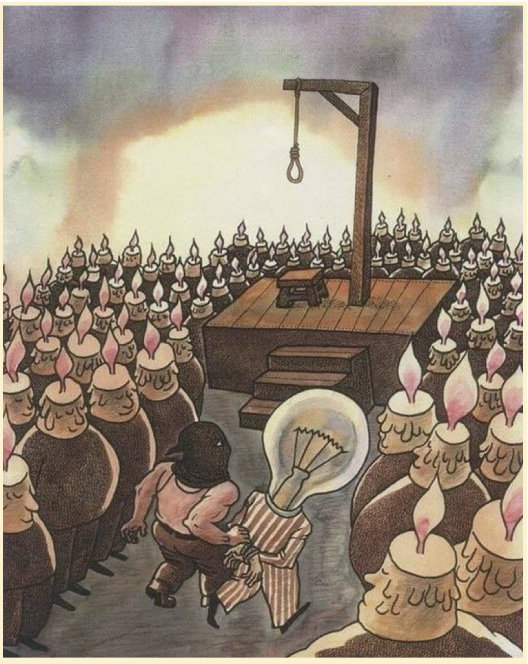
And secondly these results from a survey done by EducationWeek that indicate 37% of educators have not used nor do they intend to start using AI. Wow!

I do not shy away from stating that I believe AI will thrust us into the most significant educational revolution of all time. The question remains: Will you lean-in or lean-out? Will you be on the vanguard and perhaps be a pioneer, or will you hold on to the past and fade away? The choice is yours.


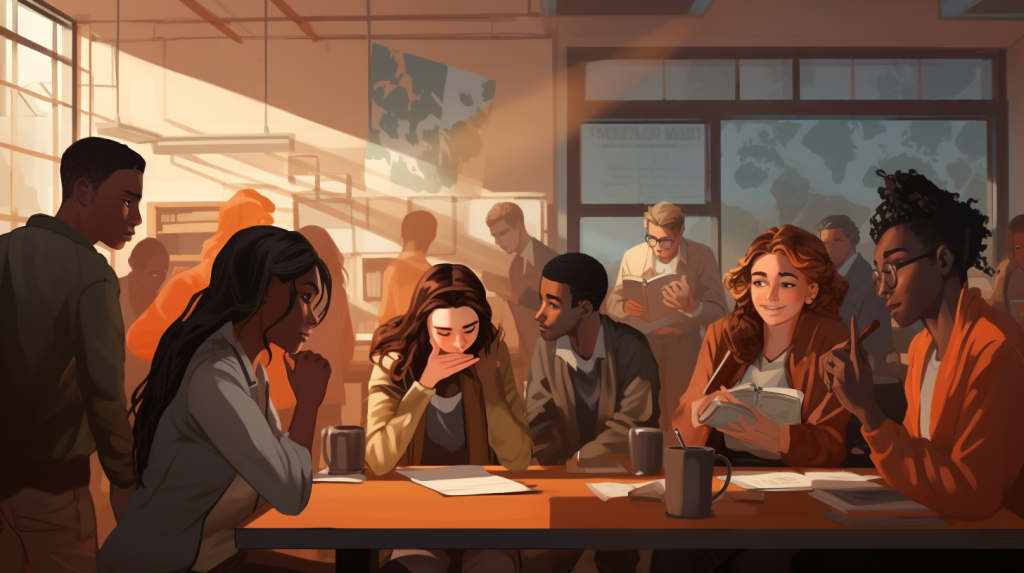
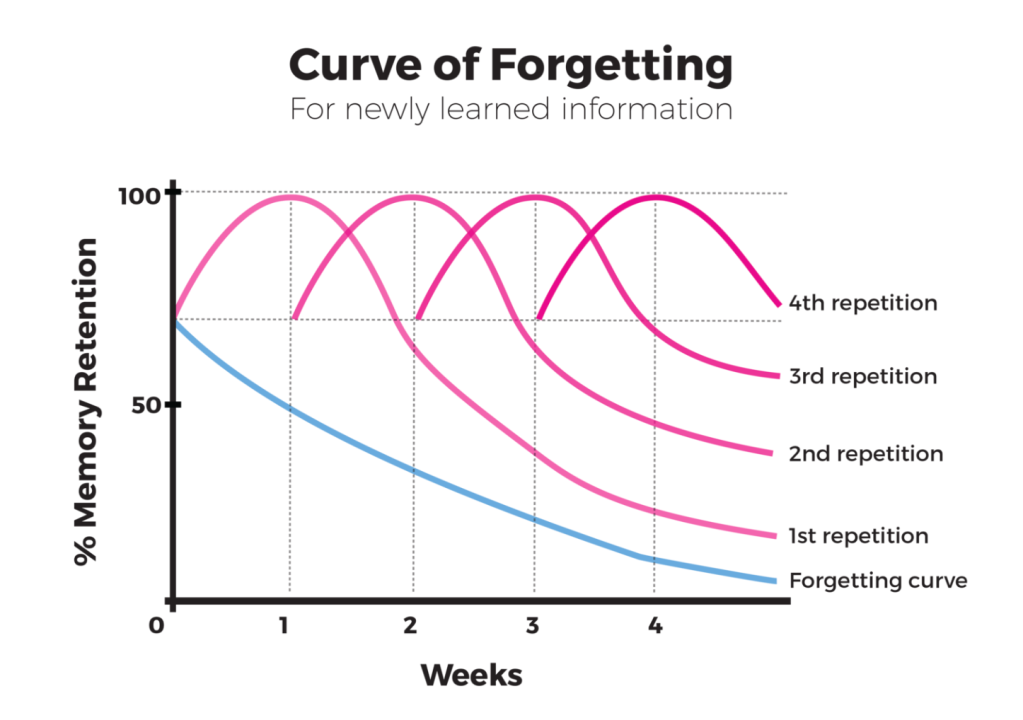


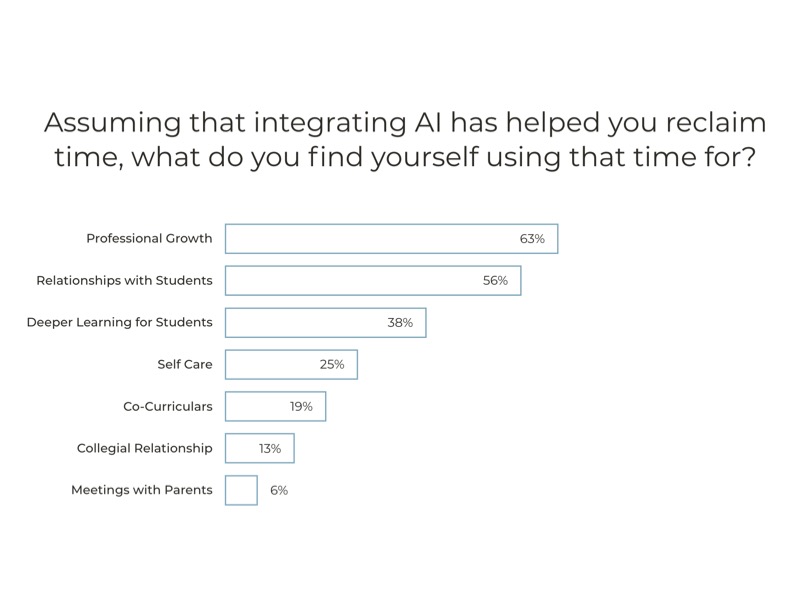
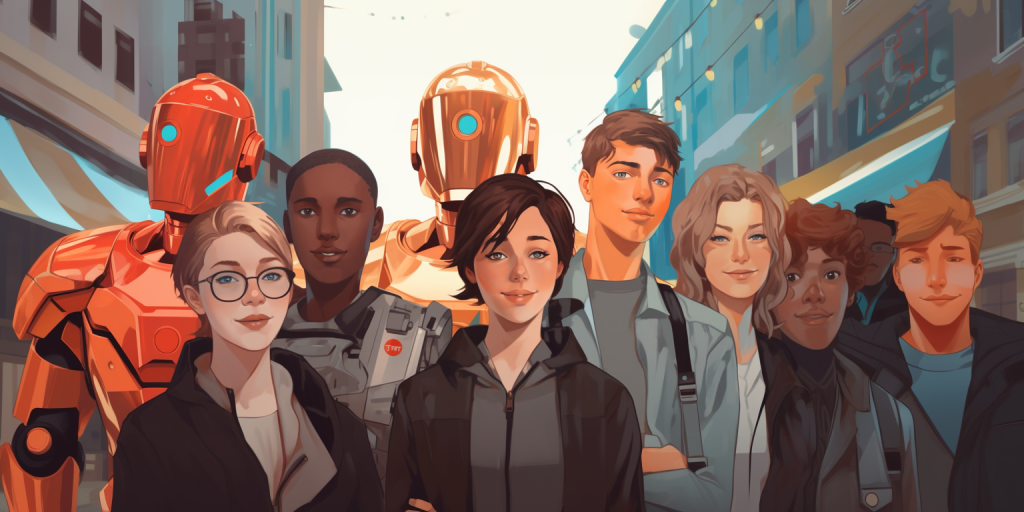

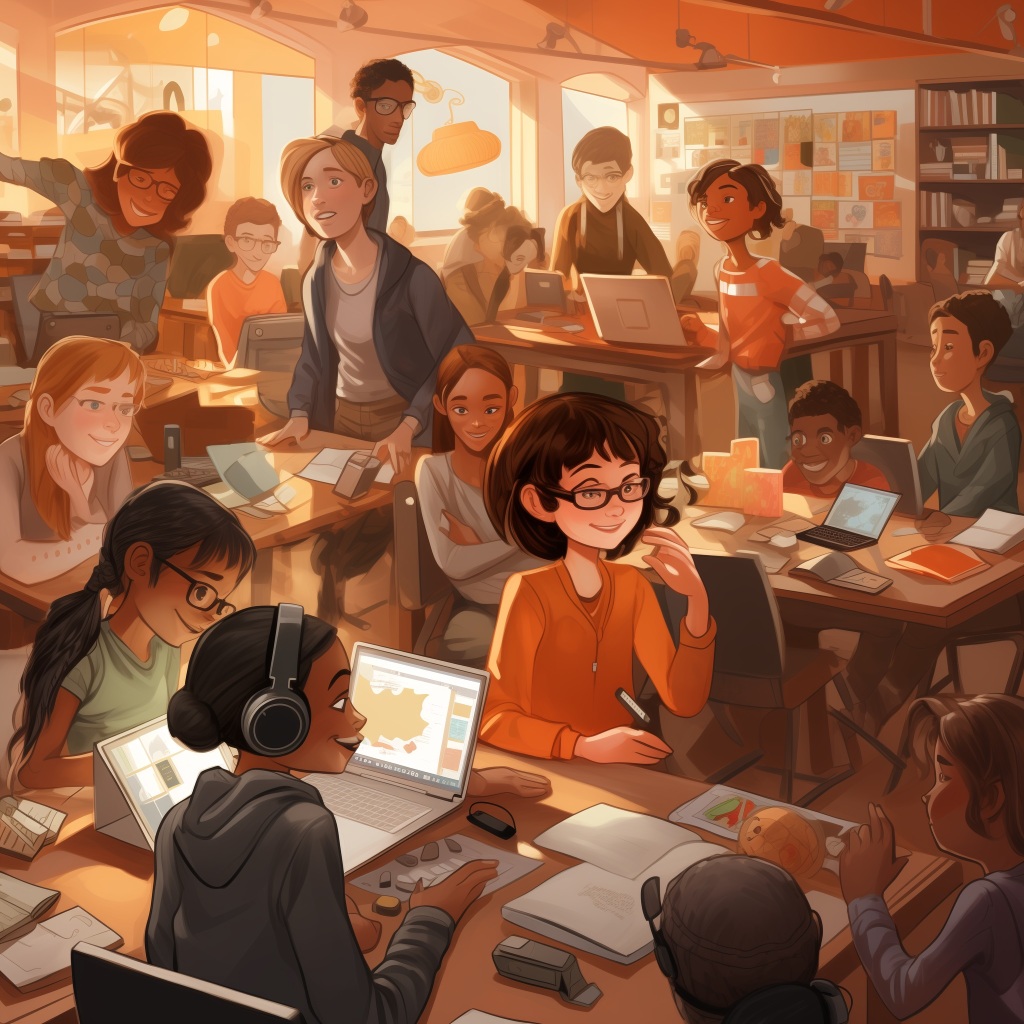




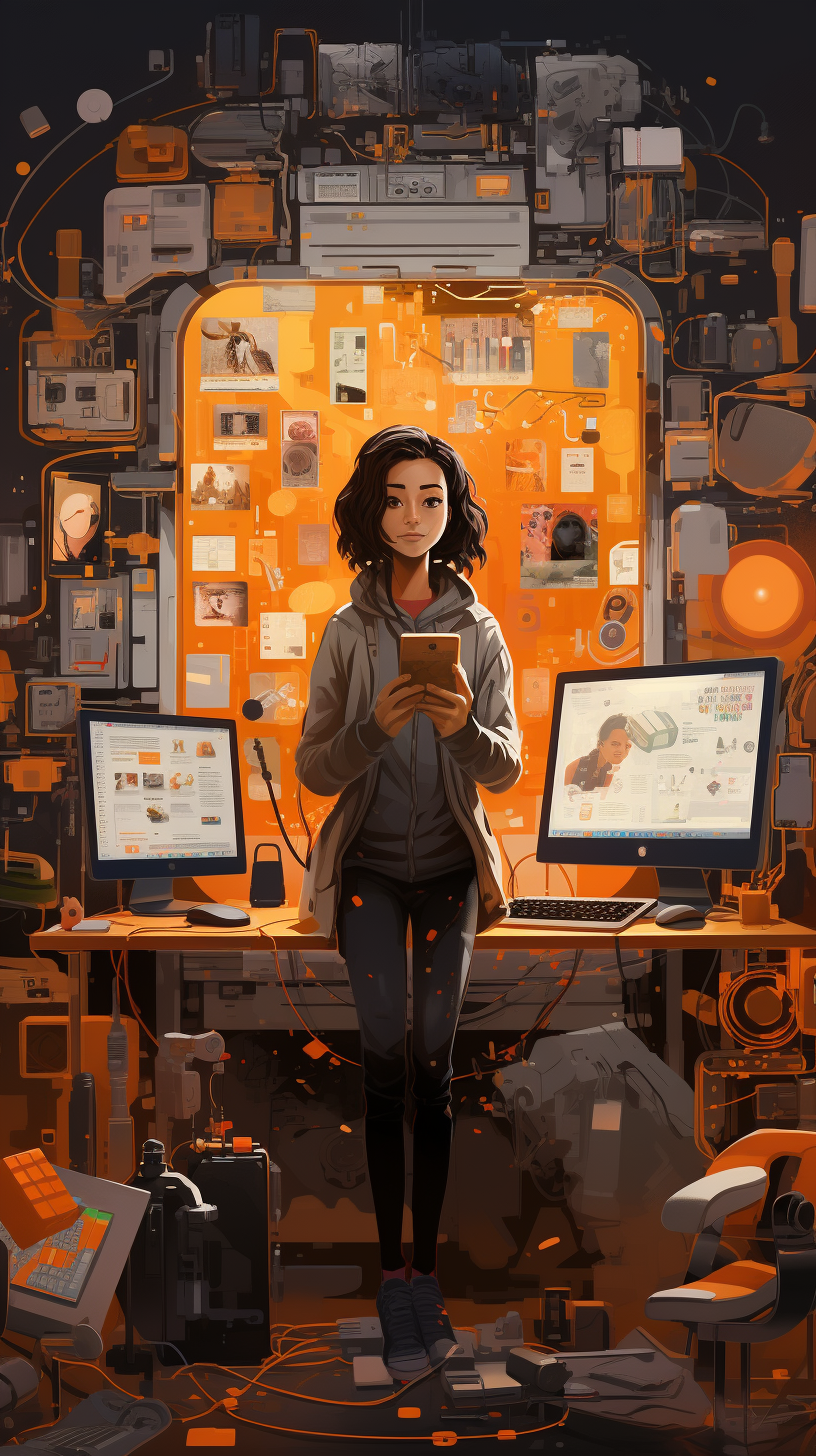







Leave a comment